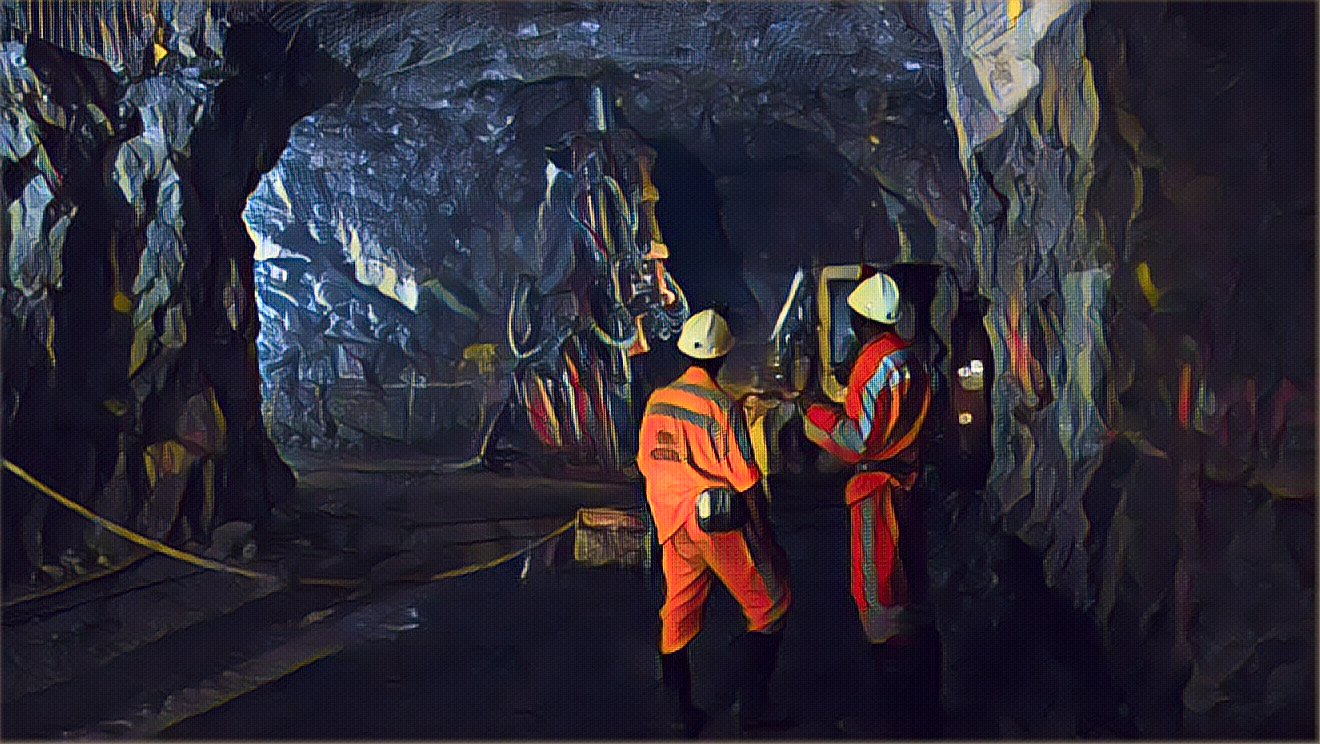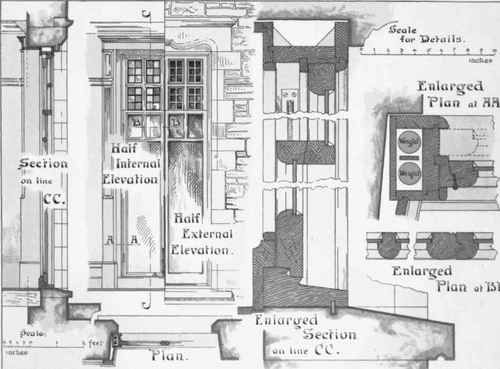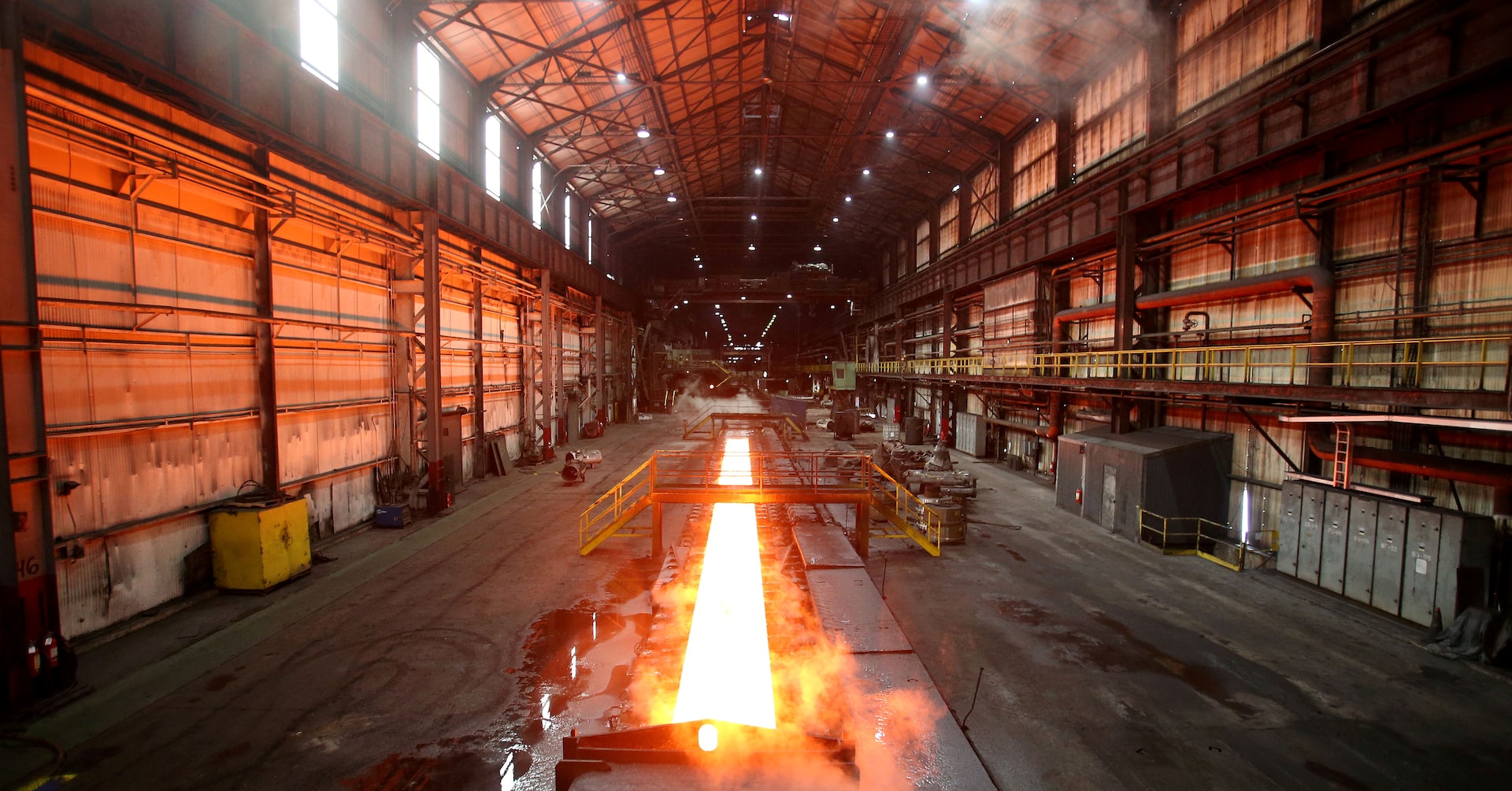Barrick Claims Mali's Gold Mine Nationalization Is Illegal

Table of Contents
Barrick's Legal Arguments Against the Nationalization
Barrick Gold's legal challenge to Mali's actions rests on several pillars. The company contends that the nationalization constitutes a clear breach of international law and existing bilateral investment treaties. Key arguments include:
-
Violation of Investment Treaties: Barrick claims the nationalization directly violates existing investment treaties between Mali and Canada, where Barrick is incorporated. These treaties typically guarantee fair and equitable treatment to foreign investors and protect them from arbitrary actions by the host government. The specifics of these treaty violations, including clauses related to expropriation and compensation, will be central to Barrick's legal strategy.
-
Lack of Due Process: Barrick argues the nationalization lacked proper due process. The company alleges it received insufficient notice, lacked an opportunity to be heard, and was not offered fair market value compensation for the seizure of its assets. This absence of due process is a critical element in international investment law and forms a major part of their claim of illegal nationalization.
-
Breach of Contract: Beyond treaty obligations, Barrick asserts that Mali's actions breach existing contracts agreed upon between the company and the Malian government. These contracts likely cover aspects like mining licenses, operational agreements, and revenue sharing mechanisms. The specific terms of these contracts and how they were violated will form a significant part of the legal proceedings.
-
Seeking Compensation through International Arbitration: Barrick will almost certainly pursue international arbitration to challenge the legality of the nationalization and seek substantial compensation for the losses incurred as a result of this illegal action. The choice of arbitration forum and the applicable legal framework will be crucial aspects of the legal battle.
Mali's Justification for the Nationalization
The Malian government has yet to fully articulate its justification for nationalizing the Loulo-Gounkoto mine, but several factors may be at play:
-
Resource Nationalism: The action could be viewed as a form of resource nationalism, a growing trend in several African countries aiming to exert greater control over their natural resources and maximize benefits for their citizens. This argument, however, is often challenged on the grounds of violating international legal norms concerning foreign investment.
-
Revenue Generation and Economic Development: The Malian government may argue that the nationalization aims to increase revenue generation from the mine and to directly reinvest profits in the country's economic development initiatives. However, the efficacy of this approach, especially in the context of international investor confidence, remains to be seen.
-
Allegations of Non-Compliance: Mali might claim that Barrick failed to meet certain obligations outlined in its operating agreements, providing a justification for the nationalization. This could include allegations of environmental damage or insufficient contributions to local communities. The validity of these claims will need to be rigorously assessed in any legal proceedings.
-
Sovereign Rights: Mali may invoke its sovereign rights over its natural resources as a justification for the decision. However, the exercise of sovereign rights must be in accordance with international law, including respect for existing investment agreements and principles of due process and fair treatment.
The Loulo-Gounkoto Mine's Significance
The Loulo-Gounkoto gold mine is a significant asset, both for Barrick and for Mali.
-
Major Gold Producer: The mine is a major gold producer, contributing significantly to Barrick's overall output and revenue streams.
-
Economic Impact on Mali: Its contribution to Mali's GDP is substantial, impacting the nation's economy at a considerable scale, including through tax revenue and foreign exchange earnings.
-
Employment: The mine provides employment for thousands of Malians, both directly and indirectly through support industries. The impact of nationalization on these workers is a crucial social and economic consequence that must be considered.
-
Local Community Impact: The mine's presence also affects nearby communities, bringing both benefits (jobs, infrastructure development) and potential drawbacks (environmental impacts, social disruption).
International Implications and Potential Outcomes
The Barrick-Mali dispute has far-reaching implications:
-
Foreign Investment Chill: The nationalization could severely damage investor confidence in Mali and potentially discourage future foreign direct investment (FDI) in the African mining sector. This poses a significant risk to economic development in the region.
-
Impact on African Mining Sector: The case could set a precedent for future mining disputes in Africa, potentially influencing how governments and mining companies interact, and the overall investment climate.
-
International Relations: The dispute will strain relations between Mali and Canada, as well as impacting Mali's standing in the international community.
-
International Organization Involvement: The World Bank's International Centre for Settlement of Investment Disputes (ICSID) and other international bodies may play a role in mediating or adjudicating the dispute.
Conclusion
The nationalization of Barrick's Loulo-Gounkoto gold mine by the Malian government presents a complex legal and political challenge. Barrick's claim of illegal nationalization, based on alleged treaty violations and a lack of due process, sets the stage for a protracted international dispute with significant implications for foreign investment in Africa. Mali's justification, likely rooted in resource nationalism and economic goals, will face intense scrutiny. The outcome will profoundly impact investor confidence in the region and shape future mining agreements across Africa.
Call to Action: Stay updated on the unfolding developments in this critical case of Barrick Gold versus the Malian government concerning the illegal nationalization of its gold mine. Follow our updates on this crucial dispute impacting the future of African mining and international investment law. Understanding the intricacies of this Barrick Gold Mali gold mine nationalization case is crucial for anyone involved in or interested in the international mining industry.

Featured Posts
-
 Gaza Ceasefire Us Envoys Proposal And Hamas Response
May 28, 2025
Gaza Ceasefire Us Envoys Proposal And Hamas Response
May 28, 2025 -
 Justin Baldonis Lawyer Hits Back At Ryan Reynolds A Detailed Look
May 28, 2025
Justin Baldonis Lawyer Hits Back At Ryan Reynolds A Detailed Look
May 28, 2025 -
 Chicago Med Season 10 Underrated Duos Crossover Payoff
May 28, 2025
Chicago Med Season 10 Underrated Duos Crossover Payoff
May 28, 2025 -
 13th Century Construction Unearthed During Binnenhof Renovations
May 28, 2025
13th Century Construction Unearthed During Binnenhof Renovations
May 28, 2025 -
 Trump Delays Eu Tariff Deadline To July 9th
May 28, 2025
Trump Delays Eu Tariff Deadline To July 9th
May 28, 2025
